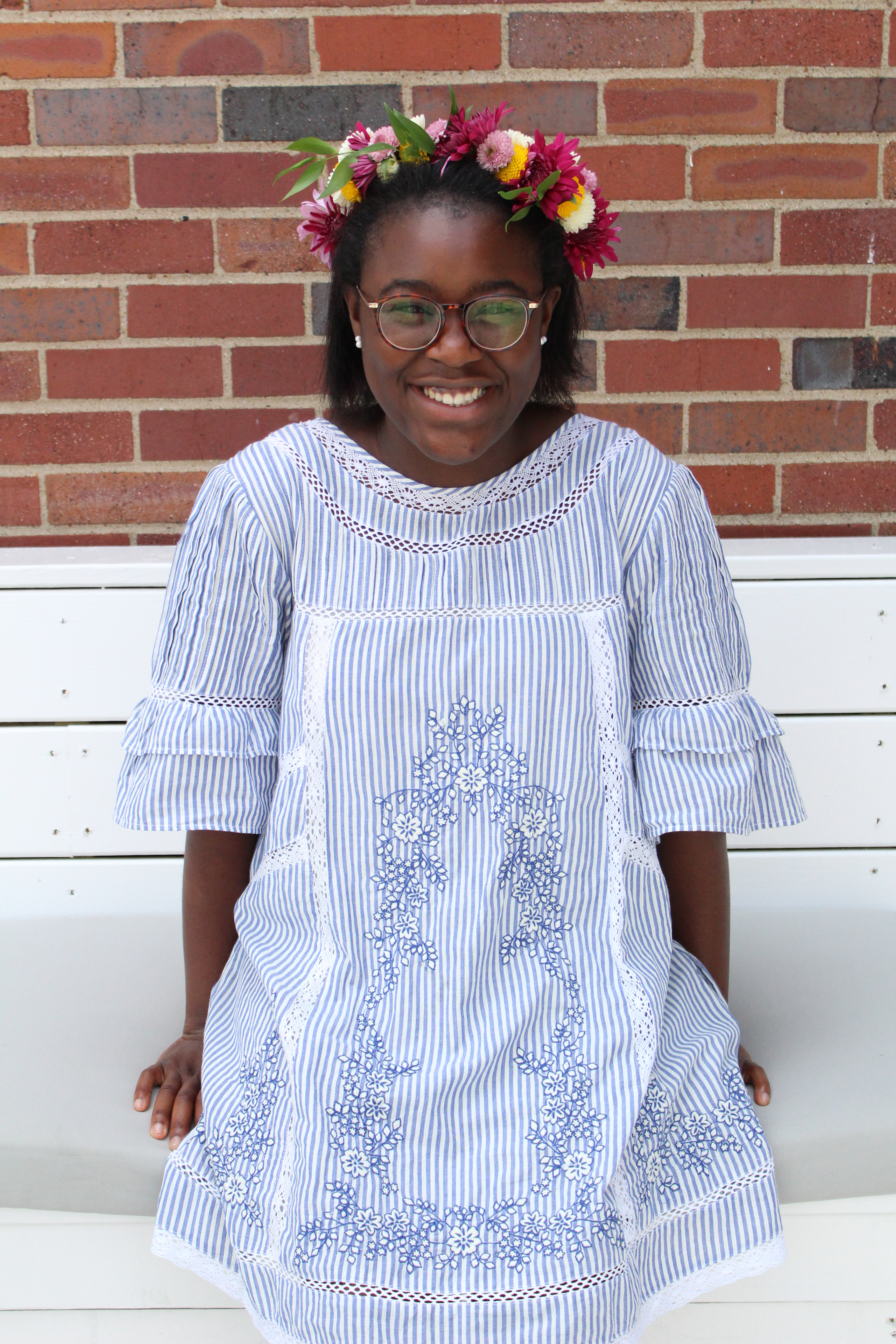Topic Tuesday: Your Story
 “Telling Your Truth and Sharing Your Story’” (By: Mimi Cole)
“Telling Your Truth and Sharing Your Story’” (By: Mimi Cole)
Just a couple of months ago was the beginning of my recovery journey. I had recently learned about what it looked like to share my story with others through mental illness, but not in this particular way. It was oh so scary. It began with creating my treatment team, a first step. One of the scarier parts for me was reaching out to others in their own journeys with eating disorders. It is very common to not feel sick enough to recover, and I was afraid that all of the girls would be thinner than me and more worthy of recovery in the support groups I was encouraged to join by my team. What I found instead, was courage to share my story with others and some of my dearest friends who laugh with me, walk with me in the toughest moments, and build me up with encouragement.
A whole lot of them happened to write blogs, too. They were oh so open about their stories because they, too, had been encouraged by others. I loved that oh so much, but I also wasn’t sure how to walk the line of protecting my fragile self and my story as special and an honor, yet encouraging others through it at the same time. And so, I did some research on sharing my story from the best of them, Brene Brown. I found this quote she wrote:
“Our stories are not meant for everyone. Hearing them is a privilege, and we should always ask ourselves this before we share: “Who has earned the right to hear my story?” If we have one or two people in our lives who can sit with us and hold space for our shame stories, and love us for our strengths and struggles, we are incredibly lucky. If we have a friend, or small group of friends, or family who embraces our imperfections, vulnerabilities, and power, and fills us with a sense of belonging, we are incredibly lucky.”
I think that this is a very special truth, that our stories aren’t meant for everyone, and that they are a privilege to be shared with others. The first thing to remember is the value in our stories, and to first be able to share them with a group who love you and will treasure your story for what it is. Some people feel called to use their stories in their careers related to eating disorder treatment, but some may want to use their stories to help them live more freely in other endeavors; both are equally beautiful. It took me a little while, but there came a time when I began to want to share my story with others because I wanted others to know they were not alone. It is scary, and it isn’t always easy to show up, but I believe that it can be worthy and good.
Here’s a couple of things to remember when thinking about sharing your story with others:
- Make sure that you are comfortable with it first. One of the most important things to think about is where you are in your own recovery. First, it is important that we learn to accept our stories for ourselves, and see the beauty in them and in ourselves. This way, we are boldly able to share them with others from a place of confidence, and we are able to see the gift that we are sharing with others, so that no one can shape our stories for us but ourselves.
- “Owning our stories and loving ourselves through that process is the bravest thing we’ll ever do.” Brene writes this quote, and I believe it wholeheartedly. To share your story is brave and strong and beautiful. In a world where it is easy to share simply the happy parts, it increases the feeling that we are alone in our darkness. On the other hand, choosing to share the messy and the broken of this adventure gives hope to others of our shared humanity, and I fully believe that grace thrives in imperfections, and that understanding breeds compassion.
- For the right reasons, not for self-validation, but for helping others: Look at your motives for sharing your story. Is it to stay in your eating disorder, or to try to prove how sick you are or were? Is it to hold on to being a certain weight or thinness? Or is it to encourage others, to be brave in sharing with others, and to give hope that we are never alone. Our motives are one of the most important pieces of sharing our stories.
- Care well for yourself first. People may not agree with what you have to say, but remember that it is your story, valuable and precious. No one can argue with your experiences and feelings, but it is also very important that sharing with others doesn’t hinder your own recovery. Remember that you are the most important in your journey, and that we cannot give of ourselves if we are not first filled and whole.
About the Author
Mimi is a rising junior at Vanderbilt University double majoring in Medicine, Health, and Society and Child Development, and minoring in special education. She loves Jesus, sweet potatoes, caramel, and is passionate about people and their stories.


Comments are closed.